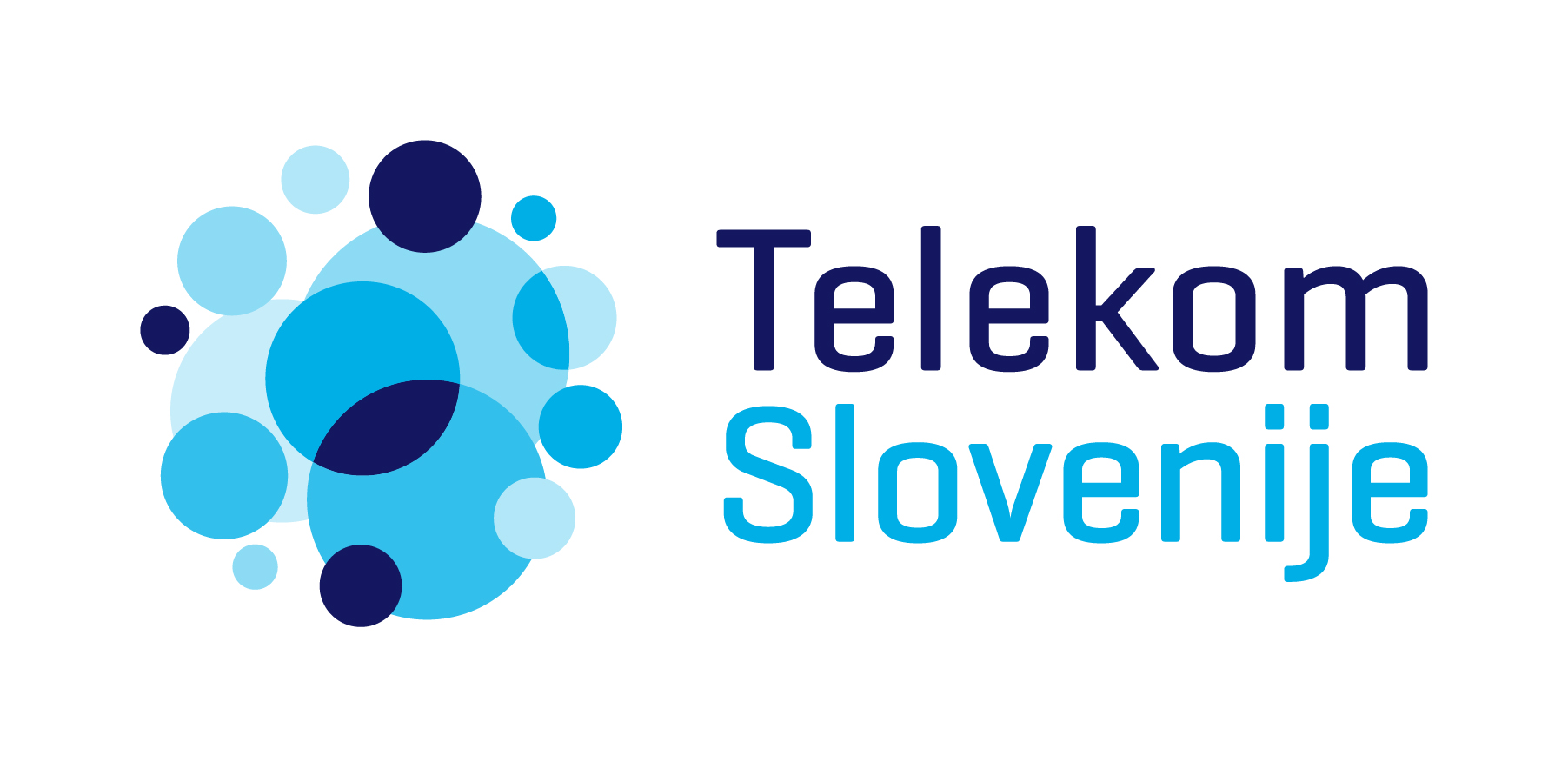By: Perry Timms CEO – PTHR and HR Most Influential Thinker 2017 & 2018
In my first piece in this topic, I went to some length to describe my disdain for over-labelling people’s beliefs, traits and expectations in life based merely on their date of birth. I subscribed to the theory that Millennials are not simply people born between 1984 and 2004.
37,000,000 Google hits simply on the words “millennials study” would show something though: An obsession about this generation.
Deloitte published a 2018 research piece (which came top of this search) and their headline reads
“Millennials’ confidence in business, loyalty to employers deteriorate
Respondents yearn for leaders whose decisions might benefit the world—and their careers”
In this piece they proclaimed the following:
- Millennials and Gen Z (those born between 2004 and now) are entering a new wave of business activism around ethics and business motivation;
- A lack of optimism about Business 4.0 (the Fourth Industrial Revolution) and their readiness for it;
- A watching brief on leaders abilities to make the changes necessary to see people and the world of industry into this next wave of transformation
Larry Fink, CEO of Wealth Management enterprise BlackRock is quoted on the opening page around the expectation that Millennials expect businesses to be beyond profit and create positive aspects of society and for communities. This is in keeping with one of the stated differences between generations and is more pronounced in Generation Y – making a difference over purely the acquisition of wealth.
Yet he seems a lone voice in a continuing situation – as those surveyed by Deloitte report less faith in businesses to be this way (ethical and community driven) and therefore the reputation of the world of business is even more tarnished in this regard. Something’s misfiring here.
The other major headline is a tad ironic for our stereotyping of this generation: diversity and inclusivity are vital factors for loyalty to be given to employers. I say ironic as the focus on millennials purely on age/youth is an overplayed attempt to manage difference. Risking the alienation of connected older workers and creating circumstances more cookie-cutter than bespoke and pro-difference.

For as others may label the Millennial generation as self-centred; overly-sensitive idealists, then the reputation of those preceding generations (according to this survey) is of people who are money-motivated, ethically-lacking and being willfully ignorant to wider societal needs and benefits.
These are not quite irreconcilable differences but they spell misunderstanding, entrenchment and potential clashes akin to the political divides we’re seeing in nation states across the world. The older generations voting for retrospective policies of nationalism and populism; the younger voting for inclusion and openness.
So back to the question: how do Millennials manage Generation X?
Well, for someone I have high regard for, NOT by applauding and sharing Simon Sinek’s 2016 video outburst (https://www.youtube.com/watch?v=5MC2X-LRbkE).
In what I feel is an overly assertive, quasi-factualised account, Sinek describes (with the occasional caveat of “not me, others…”) traits he feels are displayed by the vast majority of those born between 1984 and 2004. He seems to build his argument as one with overly negative tones. That Millennials need some very special form of management and they are overly entitled.
OK he blames parenting strategies (so that’s on you Boomers and Gen X); and then blames technology (largely built by Boomers and Gen X); Impatience and Environment (you could say attitudes that have come from preceding Generations design/way of living).

So blame the product of those conditions for their way of being that now seems at odds with the very people who created it..? Sinek normally clears up confusion. In this piece, in my opinion, he’s lost within it. Caught in the mix of hype and decent research on shifting approaches to life.
Which brings us back to management of Generation X by Millennials. And to my advice or suggestions. This is based largely from the perspective of Millennials being on a team led by a Gen X / Boomer manager but applies to a Millennial-oriented leader with a mixed team including Gen Xers etc.
- Start with WHO. In a hack of Sinek’s famous model, before a team dives into its work, let’s find out more about who we are. What fires us up; what enrages us, what are our beliefs built from and be really clear about who we are. Not ALL Millennials will want to use 16 apps to communicate and work on; and not all Gen X are obsessed with CCing people on emails to make sure they hit their bonus.
- Then work out HOW. How do we want to be led? How do we want to be included? How do we want to be challenged? In discussion, this could reveal some red lines that we avoid. Not ALL Millennials are “snowflakes” (how I hate that term) who can’t take feedback of anything sort other than (as Sinek seems to believe) winning – even if they’re not winning. Sugar coat or be humane and compassionate with feedback? Your attitude may decide this one.
- Next work out WHEN. When do we need to communicate in person; by message; on platforms; through calls; as groups and as individuals? Communication, escalation, ideas generation, decisions, whatever – all seem to work best when we know who, how and when to communicate. Being well informed about preferences on communication means we can be truly inclusive, on demand and all those other stereotypes Gen Y seems to want to be.
- And finally, let’s focus on WHAT. What we’re here to do together; how we see our contribution to this work really shaping up. Link it to who we are; how we want to work and when we’d like to be included in communication activity. What also covers rewards, timings and deadlines, what plans we need, what methodology to deploy and what constitutes collective and individual success with this work.
So that’s not that tough is it? We don’t have to master Snap or WeChat to get this done. We don’t have to be overly sensitive and award 17 employee of the month awards for everyone so we all win.
We DO have to look out for each other. For if, as the statistics seem to suggest, mental ill health is going to be the biggest cause of premature death in people, we need to care and support each other more.
We need to be open; tuned in; responsive; compassionate; considerate in our language; adaptable; and most of all kind to our colleagues.
So if you want to manage Generation X you Millennials out there, show some kindness. SO if your boss shares Sinek’s video, be kind to them and invite them to the Millennial world you live in. For they’ll see it’s not that different to their own. And they might appreciate that random act of kindness and pay if forward to their Gen X colleagues.
You don’t need to be born between 1984 and 2004 to appreciate kindness.
Perry Timms is Founder and Chief Energy Officer of PTHR, Chartered Member of CIPD; 2x TEDx and international speaker; Author of Transformational HR; Adjunct Faculty and Visiting Fellow of Hult International and Sheffield Hallam University Business Schools and Guest Professor at GEA College in Ljubljana.


